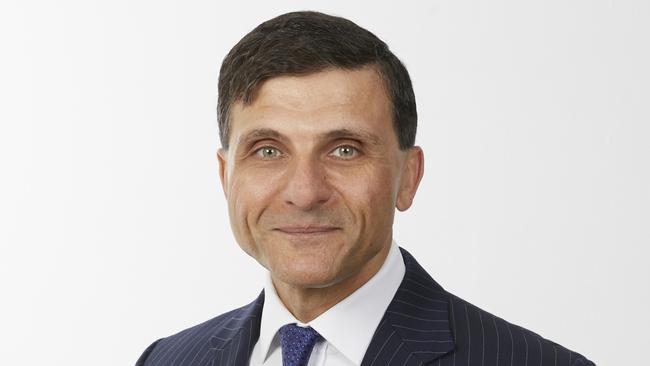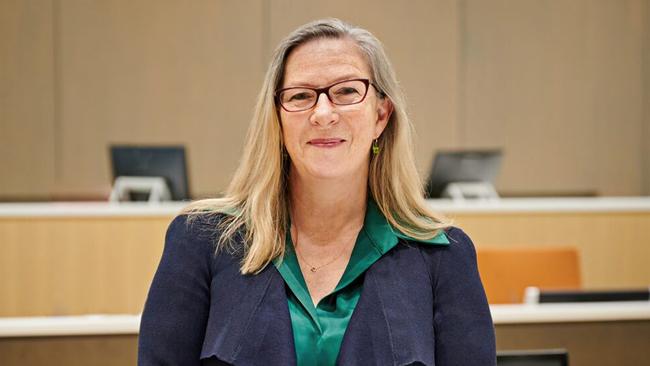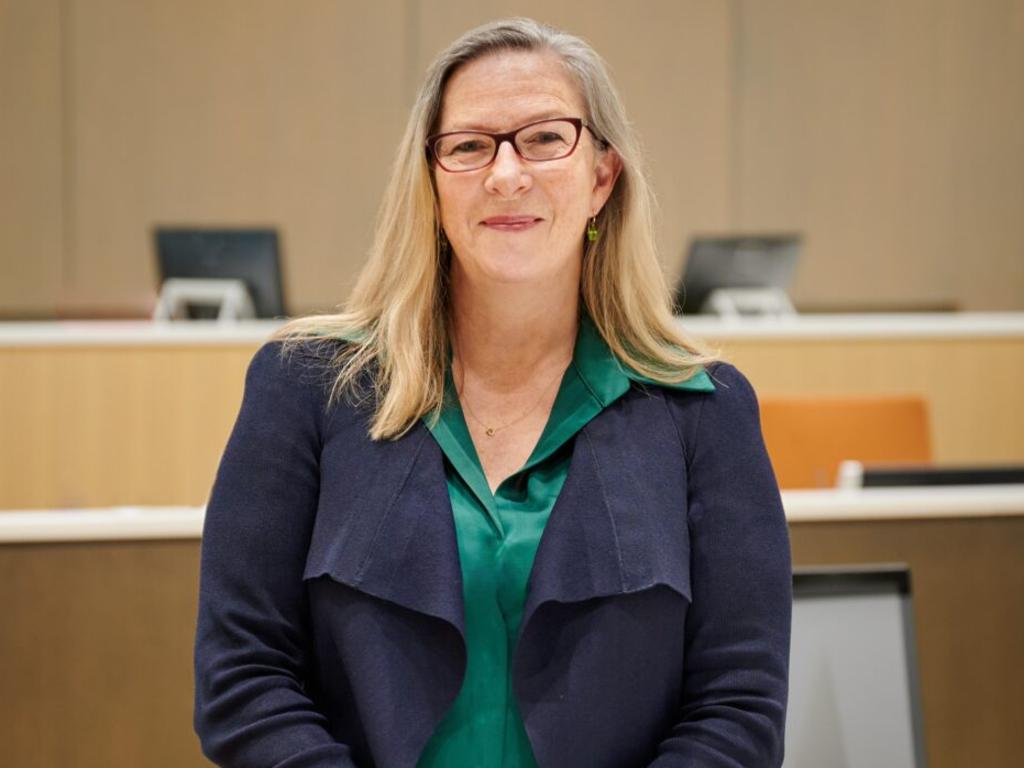Arthur Moses slams chief judge Lucy McCallum’s ‘unfair’ comments on rape trials
A top criminal silk says it is unfair to suggest jurors may ‘find it hard to believe’ rape allegations, criticising sweeping assertions made by the head of the ACT Supreme Court.

A criminal silk says it is unfair to suggest jurors may “find it hard to believe” rape allegations and unhelpful to speculate on reasons that contribute to their decision-making, criticising comments made by the head of the ACT Supreme Court.
Arthur Moses SC, the former president of the Law Council of Australia, told The Australian it was particularly unfair of ACT Chief Justice Lucy McCallum to theorise on reasons behind jury’s verdicts in rape cases in circumstances in which it was prohibited for jurors to disclose the reasons for their decisions.
“A juror takes an oath or affirmation to determine the guilt or innocence of an accused based on the evidence before the court,” he said. “It is not fair to speculate on what may influence the decision of a jury in a particular class of case or to suggest that some jurors may find it hard to believe allegations of sexual assault.”
Mr Moses’s comments come after Chief Justice McCallum claimed that culture wars could be causing the acquittal of accused rapists, declaring she did not understand why jurors “find it so hard to believe” allegations of sexual assault and had a “feeling of unease” when it came to how juries approached cases.
Although she preceded the comments by saying juries always got the verdict right, the Chief Justice bemoaned the way jurors approached sexual assault cases, and questioned whether the impact of “traumatic” evidence contributed to verdicts.

“Is it the impact of culture wars in the states? Four years ago, I barely understood what the expression meant; I am not well-immersed and well-versed in what culture wars mean,” she said. “Is it a sense of a jury doing what (former High Court judge Dyson) Heydon was referring to, of bringing their own view of what is morally fair, but in a very different social context?”
Mr Moses said the “unfairness” of the comments is “plain in circumstances where jurors cannot defend themselves against such general assertions because there is a statutory prohibition against jurors being able to disclose the content of deliberations in a jury room”.
“I don’t think that it is helpful to speculate on the reasons for a jury’s decision when there is no suggestion that they have not complied with their obligations to determine the matter on the evidence before them,” Mr Moses said.
“It is not simply a matter of whether a jury believes a complainant – as the High Court made clear in Pell, the totality of the evidence has to be considered.”
He said juries were a central tenet to the Australian justice system which ought to be respected.
“The community owes jurors a debt of gratitude for the onerous work that they do on behalf of the community to ensure that our justice system is fair,” he said.
“Jury trials are essential guardrails in a democracy to ensure that there is no overreach by the government and indeed judges when the liberty of a citizen is at risk. “
The tension comes amid an interrogation of how the courts handle rape allegations, with the Australian Law Reform Commission set to release a final report into justice responses to sexual violence in January.
Chief Justice McCallum’s remarks followed comments she made earlier this year that the justice system could “do more” to strike a balance between conducting fair trials and evidence testing.
At the time, she said the “messaging” for rape complainants in the ACT was “we are entitled to think you might be lying until you prove that you’re not”.







To join the conversation, please log in. Don't have an account? Register
Join the conversation, you are commenting as Logout